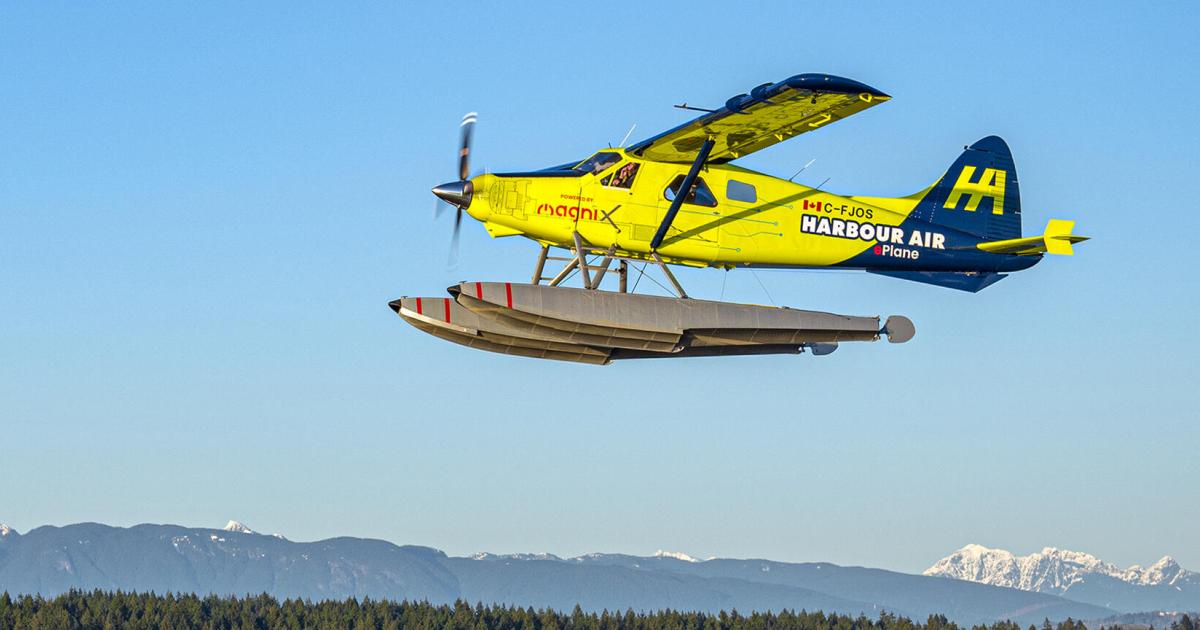Harbour Air and MagniX Strengthen eBeaver Team With Solar Impulse Battery Expertise
H55, a spin-off venture from the Solar Impulse electric aircraft program, will provide battery packs to support conversion of the Beaver utility aircraft to electric propulsion.

